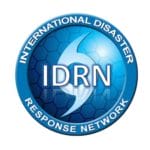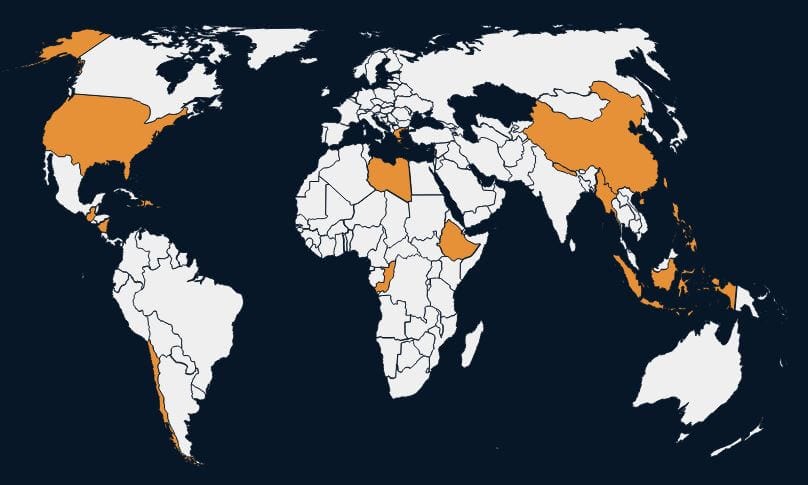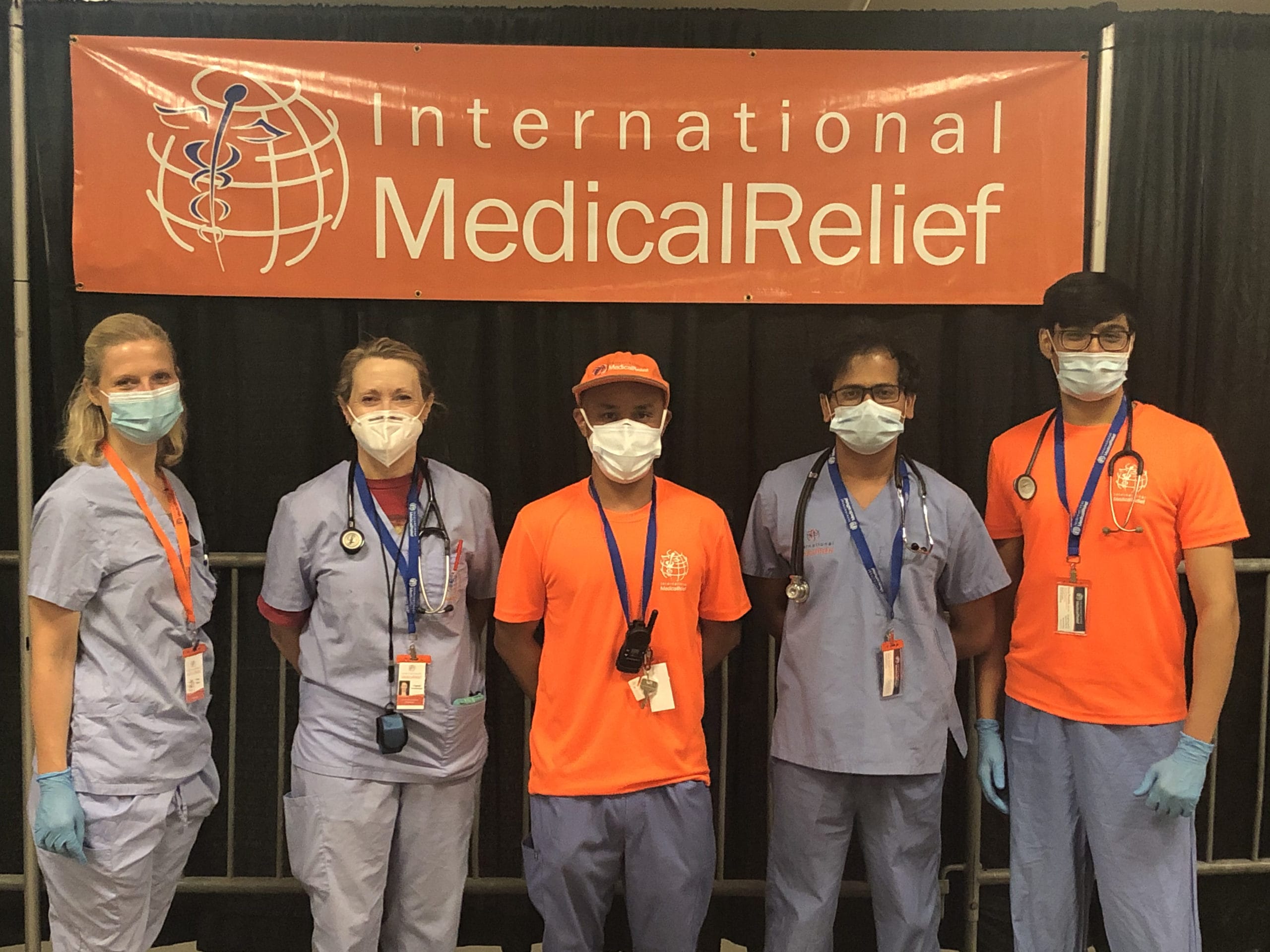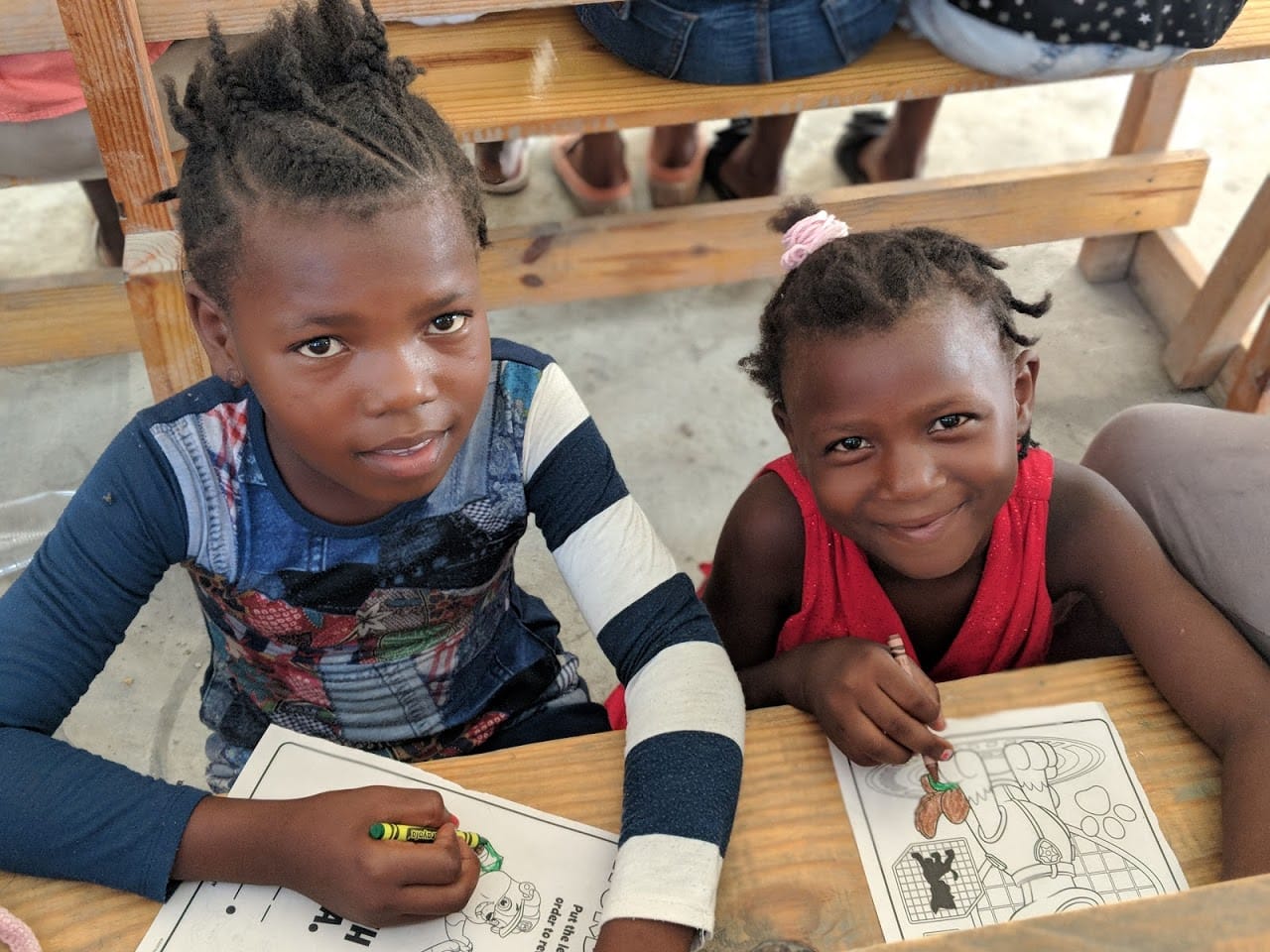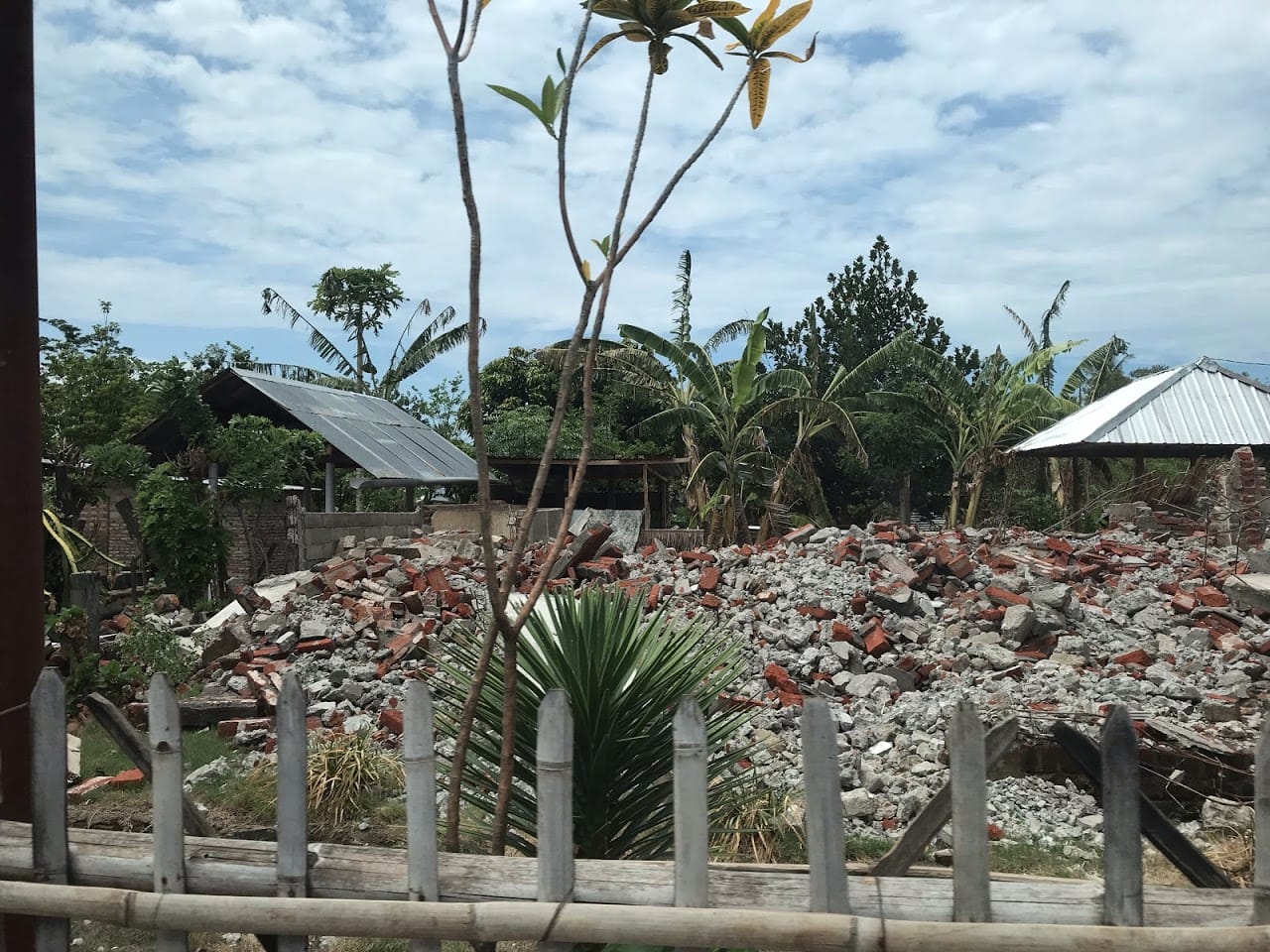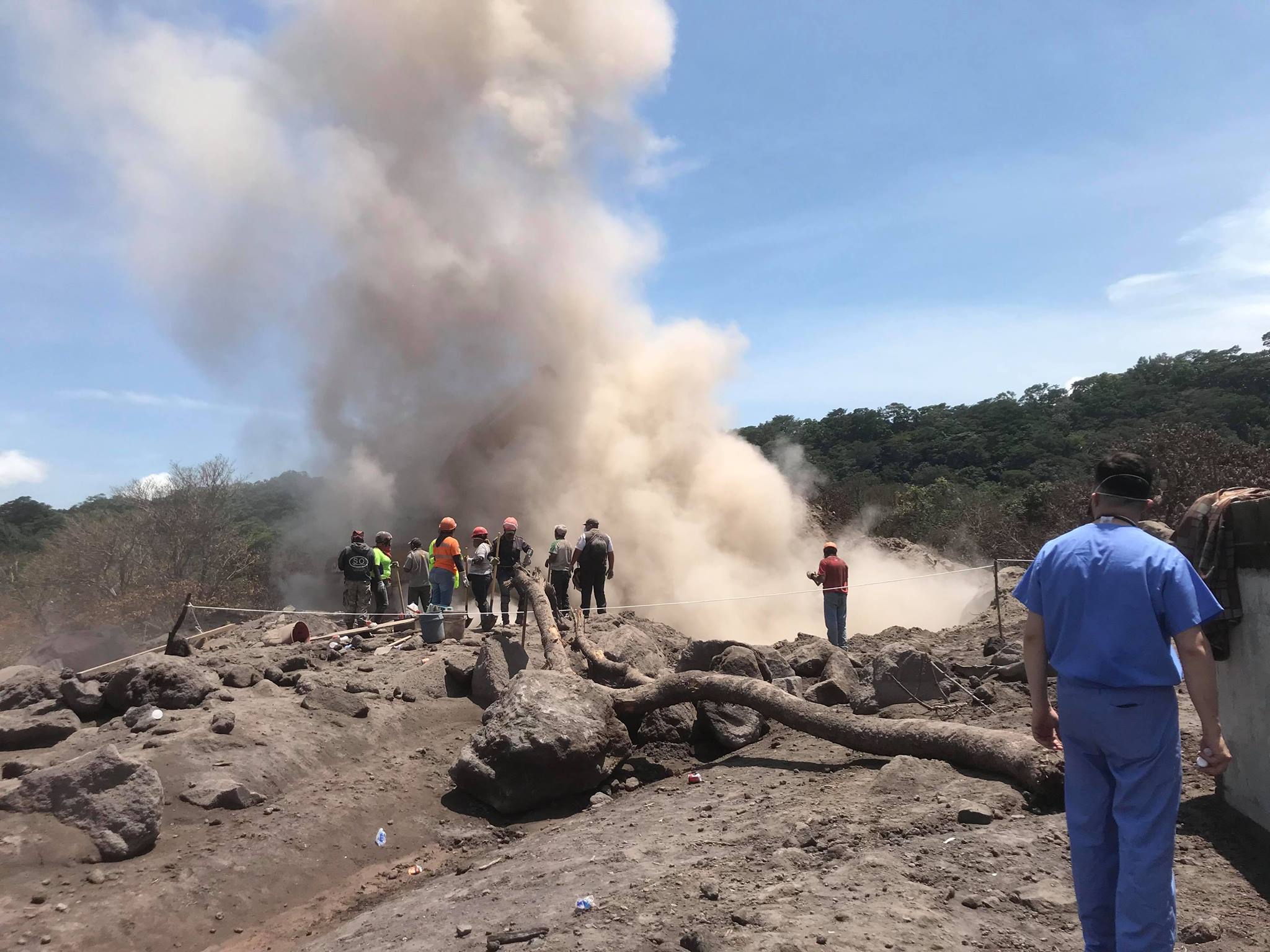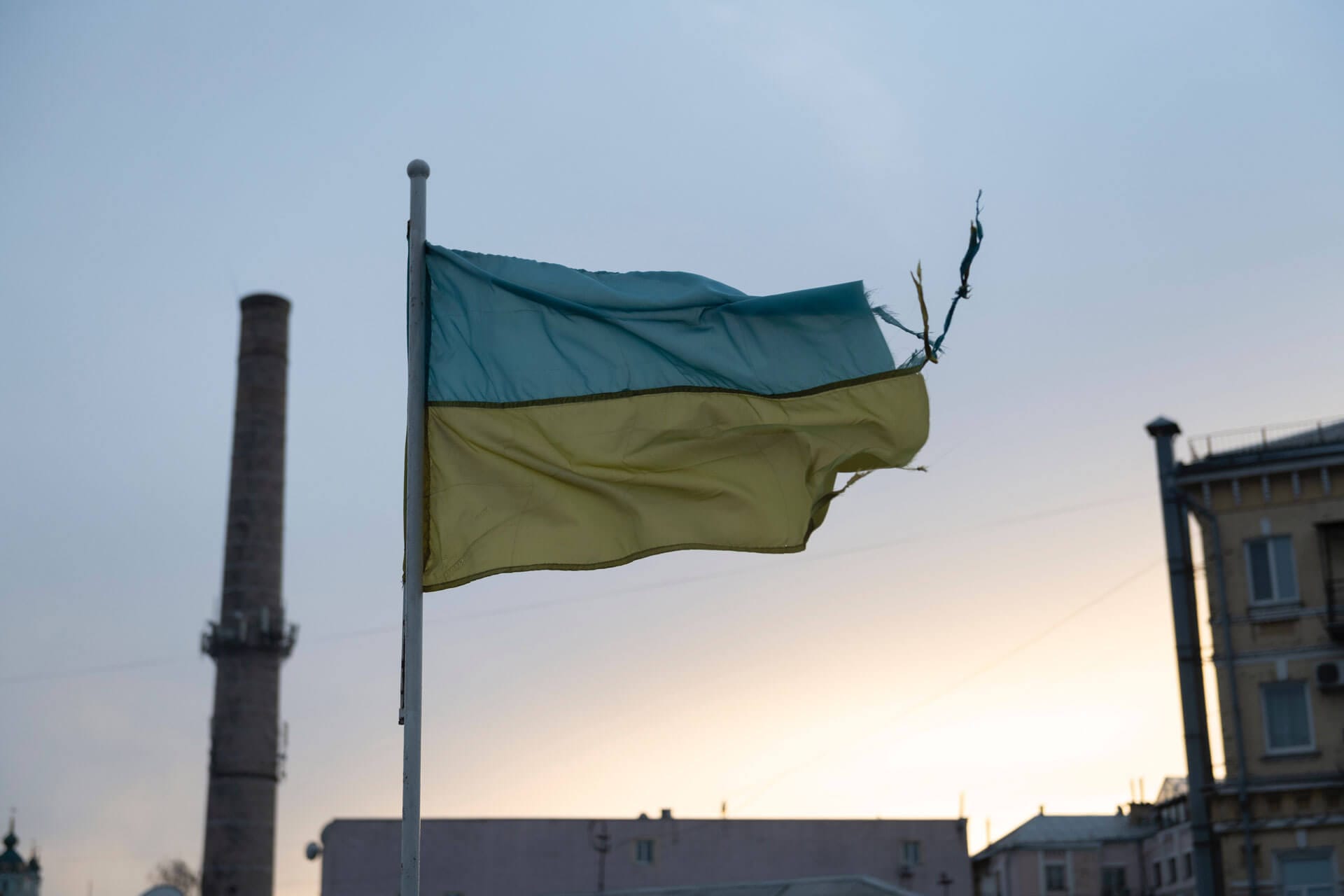
Volunteer to Help Ukraine – Help Save and Change Lives
SERVE ABROAD OR SUPPORT AT HOME Displaced Ukrainians Need Your Help! We need volunteers for weeklong relief missions to serve displaced Ukrainians and donations for medical supplies. Volunteer Donate Supplies Give Millions of Ukrainians Have Fled to Europe. You Can Help Make a Difference For them. IMR teams are on the ground working with the local medical community in several countries to ensure basic and urgent needs of the displaced Ukrainians are met. We need volunteer doctors, nurses, medics, mental health professionals – any medical specialty will make a difference. Our volunteer teams are serving this vulnerable population by offering
